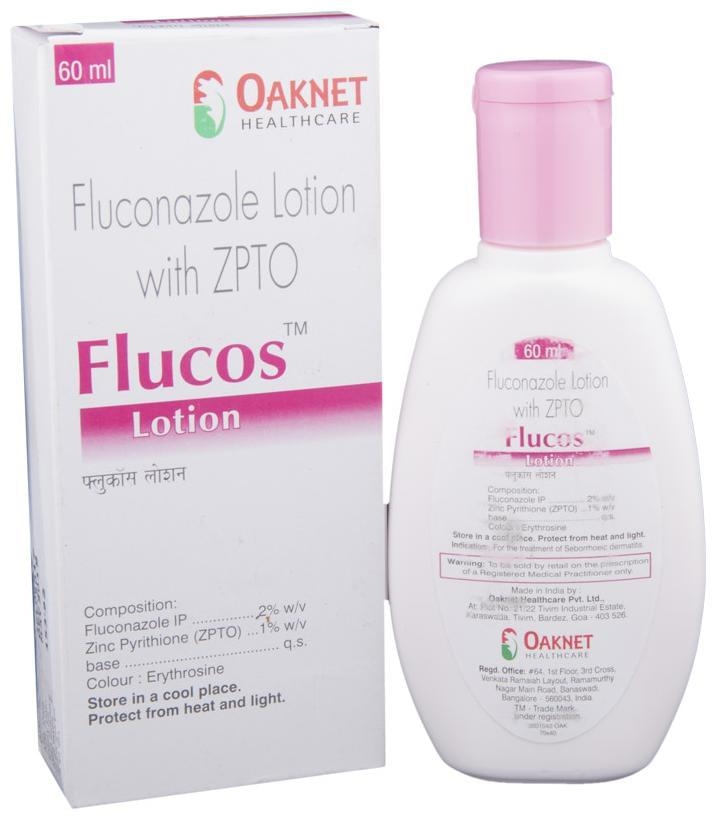Fluconazole, Zinc pyrithione
Fluconazole is an antifungal medication used to treat a wide range of fungal infections. It works by inhibiting the growth of fungi, allowing the body’s immune system to combat the infection effectively. Common uses for Fluconazole include treating yeast infections such as vaginal candidiasis, oral thrush, and fungal infections of the skin, nails, and hair. Additionally, it is used to prevent fungal infections in people with weakened immune systems, such as those undergoing chemotherapy or organ transplant recipients. Fluconazole is typically administered orally or intravenously, depending on the severity of the infection.
Zinc pyrithione is an antifungal and antibacterial agent used in topical treatments for various skin conditions. It is commonly found in shampoos, conditioners, and dandruff treatments, where it helps to reduce inflammation, itching, and scaling associated with scalp fungal infections. Zinc pyrithione is also used in other personal care products, such as antiperspirants, to help control odor and prevent bacterial growth. It is generally well-tolerated and safe for use on the skin.
Combining Fluconazole and Zinc pyrithione may provide a more comprehensive treatment approach for individuals experiencing both fungal and bacterial infections, or for those with severe or recurrent infections. However, consult with a healthcare professional before using these medications together, as they may interact with other medications or have side effects that require monitoring.

Showing all 2 results
Showing all 2 results


